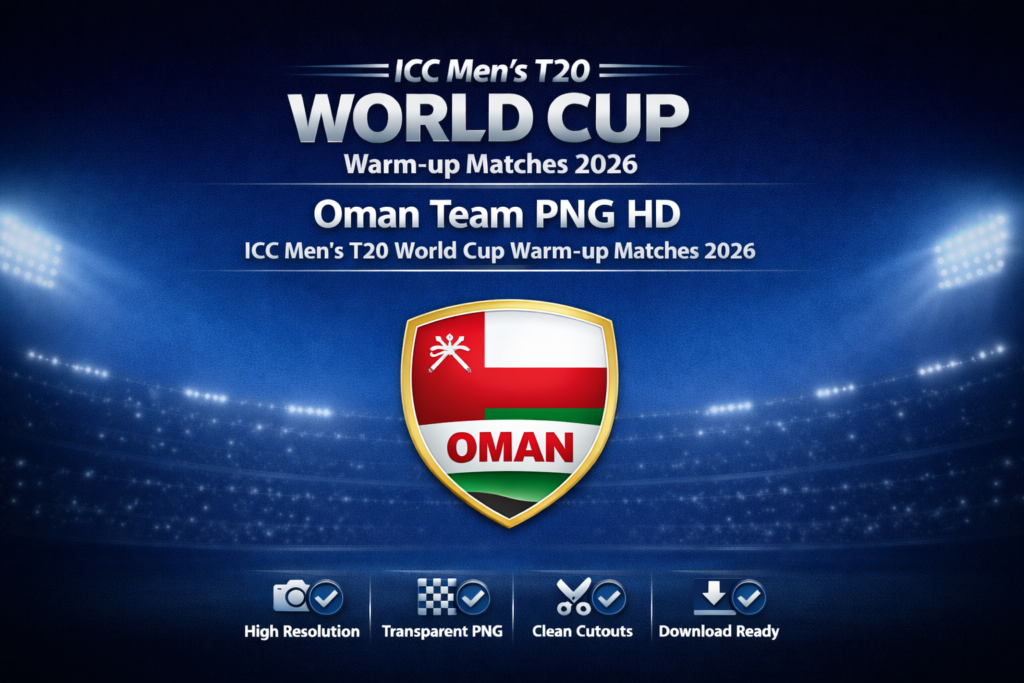
What is the scientific name of all vitamins?
Vitamins are an organic molecule and an essential micronutrient. The organism needs a small amount of micronutrients to promote the normal functioning of its metabolism.
Vitamin A:
- Chemical name: Retinal, retinol and four carotenoids, including beta-carotene.
- It is fat soluble.
- Good sources include liver, cod liver oil, broccoli, carrots, sweet potatoes, kale, butter, spinach, pumpkin, kale, some cheese, eggs, apricots, cantaloupe and milk.
- Lack of can lead to night blindness and corneal softening, an eye disease that causes dryness of the cornea.
Vitamin B:
- Chemical name: thiamine.
- It is water soluble. Good sources include pork, yeast, cereals, brown rice, sunflower seeds, whole wheat rye, asparagus, kale, broccoli, potatoes, oranges, liver, and eggs.
- Lack of can causes beriberi and Wernicke-Korsak off syndrome.
Vitamin B2:
- Chemical Name: Riboflavin
- It is water soluble.
- Good sources include asparagus, persimmons, bananas, pineapples, beets, cheese milk, milk, meat, yogurt, eggs, fish and green beans.
- Lack of possible ariboflavinosis.
Vitamin B3:
- Chemical Name: Niacinamide, Niacin
- It is water soluble.
- Good sources include heart, liver, kidney, chicken, beef, fish (tuna, squid), eggs, milk, avocado, red dates, tomatoes, green leafy vegetables, broccoli, carrots, sweet potatoes, asparagus, nuts, whole wheat, Beans, mushrooms and beer yeast.
- Lack of symptoms that may cause pellagra, accompanied by dermatitis, diarrhea, and mental disorders.
Vitamin B5:
- Chemical name: Pantothenic acid
- It is water soluble.
- Good sources include whole grains (grinding may remove it), meat, broccoli, royal jelly, avocado, and fish ovary.
- Lack of can leads to paresthesia or “needle”.
Vitamin B6:
- Chemical name: pyridoxamine, pyridoxine, pyridoxal.
- It is water soluble.
- Good sources include bananas, meat, whole wheat, vegetables, and nuts. When the milk is dry, it loses about half of the B6. Freezing and canning can also reduce content.
- Lack of possible peripheral neuropathy, anemia or partial damage to the nervous system other than the brain and spinal cord.
Vitamin B7:
- Chemical Name: Biotin
- It is water soluble.
- Good sources include liver, egg yolk, some vegetables.
- Lack of can leads to dermatitis or enteritis, or intestinal inflammation.
Vitamin B9:
- Chemical name: folinic acid, folic acid.
- It is water soluble.
- Good sources include beans, leafy vegetables, liver, baker’s yeast, some fortified cereal products, and sunflower seeds. Several fruits are moderate in content, as is beer.
- The lack of pregnancy is related to birth defects. Pregnant women are encouraged to take folic acid throughout the year before pregnancy.
Vitamin B12:
- Chemical name: Hydroxocobalamin, cyanocobalamin, methylcobalamin.
- It is water soluble.
- Good sources include shellfish, meat, fish, poultry, eggs, milk and dairy products, some fortified cereals and soy products, and fortified yeast.
- Lack of megaloblastic anemia may be caused by an abnormally large, immature red blood cell, abnormal condition.
- It is recommended that vegans take B12 supplements.
Vitamin C:
- Chemical name: Ascorbic acid
- It is water soluble.
- Good sources include vegetables and fruits. Kakadu plum and Camu Camu fruit have the highest vitamin C content in all foods. The liver also has a high level. Cooking destroys vitamin C
- Lack of megaloblastic anemia may result.
Vitamin D:
- Chemical name: cholecalciferol, ergocalciferol.
- It is fat soluble.
- Good sources include: exposure to UVB by sunlight or other sources can cause vitamin D in the skin. There are also fatty fish, beef liver, eggs, and mushrooms.
- Lack of can leads to rickets and osteoporosis, or bone softening.
Vitamin E:
- Chemical Name: Tocotrienol, Tocopherol
- It is fat soluble.
- Good sources include almonds, kiwi, avocado, milk, eggs, nuts, green leafy vegetables, unheated vegetable oil, wheat germ, and whole grains.
- Deficiency is not common but can lead to hemolytic anemia in newborns. This is a condition in which blood cells are destroyed prematurely and removed from the blood.
Vitamin K:
- Chemical name: Menaquinone, chlorophyllin.
- It is fat soluble.
- Good sources include: avocado, green leafy vegetables, kiwi, coriander contains a lot of vitamin K.
- Lack of can leads to bleeding quality, not easy to bleed.
- Vitamin A
- vitamin B
- vitamin B12
- Vitamin B2
- Vitamin B3
- vitamin C
- Vitamin D
- Vitamin E
- vitamin K
- vitamins
D
written by
Deepak Sudera
Hey, thanks for reading my reflection. This is Deep...Founder of Techfameplus.com. I am a Web Designer & Developer... My Personal Interest areas are Playing games,Internet.... My Skills are Photoshop, HTML, CSS, HTML5, CSS3, Website Design, Template Creation...
continue reading
Coffee for us
Related Posts

D
Deepak Sudera
0
0
Kitchen Renovation Social Media Post Design
December 23, 2025
Save

A
Ali Raza
0
0
Best Apps to Have on your Phone - Both iOS and Android
August 8, 2022
Save

D
Deepak Sudera
0
0
Real Estate Social Media Post Design
July 19, 2022
Save
More Posts By Author

D
Deepak Sudera
0
0
ICC Men's T20 World Cup Warm-up Matches 2026 – Oman Team PNG Photos (High Resolution Download)
February 4, 2026
Save

D
Deepak Sudera
0
0
ICC Men's T20 World Cup Warm-up Matches 2026 – Scotland Team PNG Photos (High Resolution Download)
February 4, 2026
Save

D
Deepak Sudera
0
0
Sri Lanka vs Pakistan – Rivalry, History & Match Preview
January 8, 2026
Save

D
Deepak Sudera
0
0
Trump Says Venezuela to Turn Over 30–50 Million Barrels of Oil to U.S
January 7, 2026
Save

